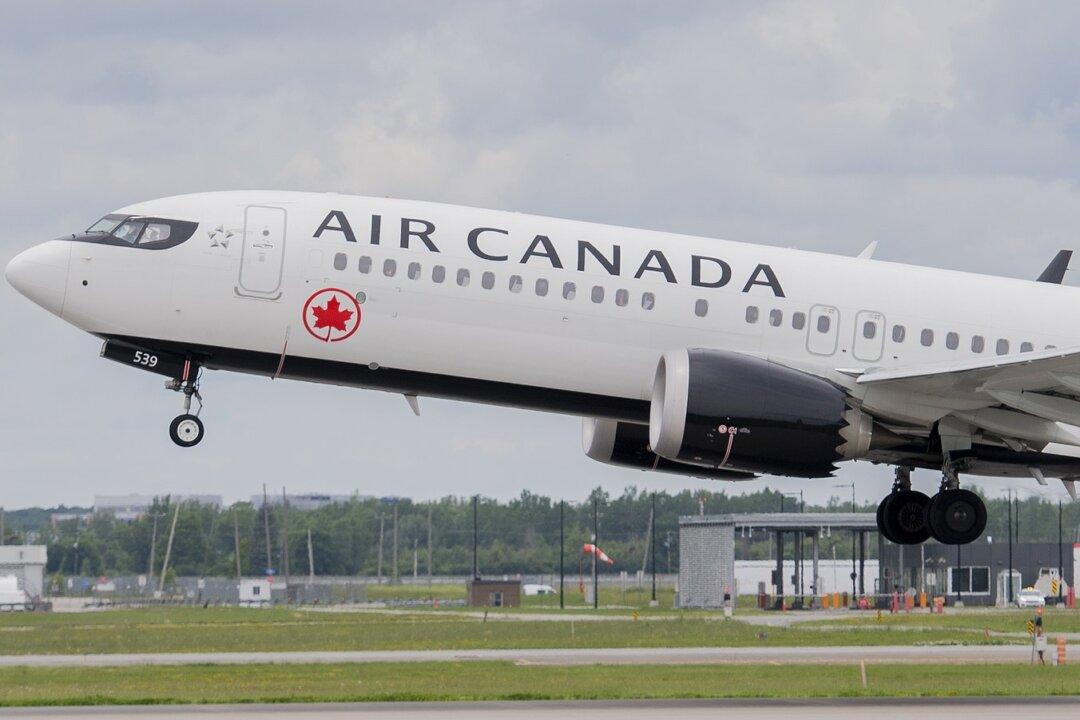A senior official at Transport Canada expressed doubts about the rationale for a vaccine mandate for transportation 13 days before it came into force, and had asked Health Canada for more data to justify the policy, internal emails reveal.
“To the extent that updated data exist or that there is clearer evidence of the safety benefit of vaccination on the users or other stakeholders of the transportation system, it would be helpful to assist Transport Canada [in] supporting its measures,” wrote Aaron McCrorie in an Oct. 18, 2021, email to Dawn Lumley-Myllari.





